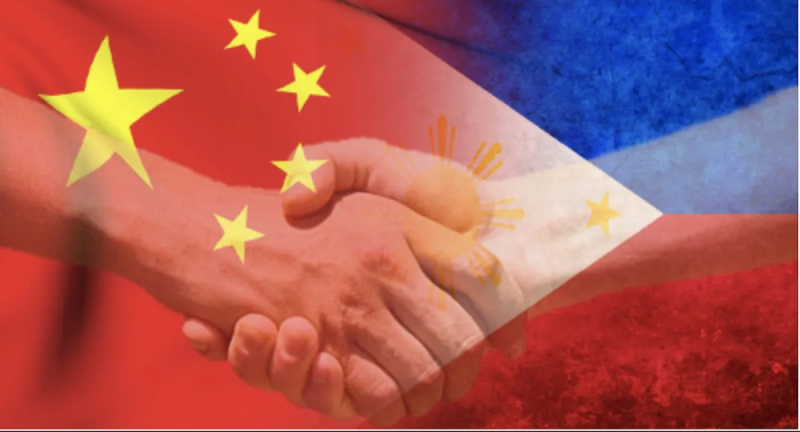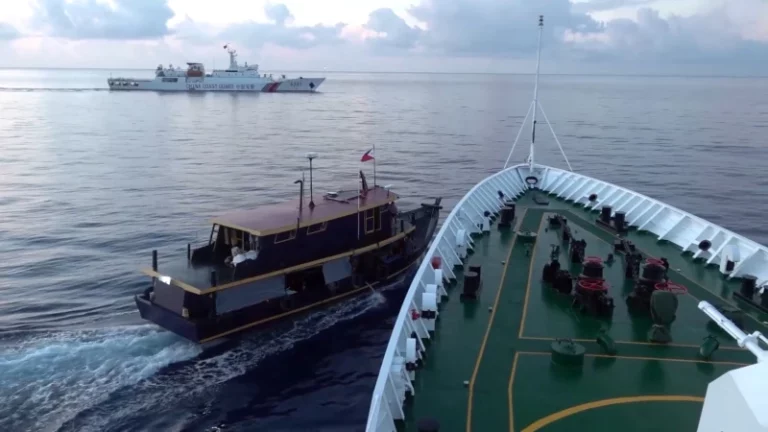Diplomatic relations between nations are often a delicate balancing act, and nowhere is this more evident than in the evolving dynamic between China and the Philippines. These two nations, situated in Southeast Asia, have a history of differences and disputes, primarily centered around territorial claims in the South China Sea. The question that looms large is whether China and the Philippines can ever make up and find common ground despite their differences.
Historical disputes
The South China Sea has been a focal point of tension in the region for years. China’s expansive territorial claims, which encompass a significant portion of the South China Sea, have drawn criticism and opposition from neighboring countries, including the Philippines. The contested waters are rich in natural resources, making them a highly sought-after prize, but the territorial disputes have often overshadow the potential for cooperation.
Reconciliation
Diplomacy: Diplomatic channels provide the primary avenue for resolving differences. Both China and the Philippines have engaged in dialogues and negotiations over the years to address their disputes. Diplomacy remains the most constructive path to seek common ground.
International mediation: International organizations and other countries can act as impartial mediators, facilitating discussions and negotiations. A neutral third-party can help ensure that talks are fair and conducted with a focus on a peaceful resolution.
Economic interdependence: Economic ties between China and the Philippines have grown significantly, with trade and investment links fostering interdependence. Economic interests can serve as an incentive for both nations to maintain a cooperative relationship and seek mutually beneficial solutions.
Regional organizations: Engagement within regional organizations, such as the Association of Southeast Asian Nations (ASEAN), offers a platform for discussions on regional issues, including South China Sea disputes. These forums can help build consensus and encourage cooperation.
International law: Adherence to international law, particularly the United Nations Convention on the Law of the Sea (UNCLOS), is crucial. Both China and the Philippines are signatories to UNCLOS, providing a framework for discussions on maritime boundaries and rights.
People-to-people connections: Cultural and educational exchanges, as well as fostering people-to-people connections, can promote understanding and goodwill between nations. Grassroots interactions can contribute to bridging differences.
Changing leadership: Leadership changes in both countries may bring new perspectives and priorities to the table. Fresh leadership could create an opportunity for a renewed approach to bilateral relations and dispute resolution.
Complexities
It is important to recognize that achieving reconciliation between China and the Philippines is not guaranteed and may take time. The South China Sea disputes, historical tensions, and geopolitical considerations are complex issues that cannot be resolved overnight. The willingness of both nations to prioritize diplomacy, adhere to international norms, and prioritize peaceful coexistence is critical.
The South China Sea remains a contentious issue with wide-ranging implications for regional stability. The international community must encourage both China and the Philippines to maintain open lines of communication, engage in constructive dialogue, and work towards peaceful solutions. A cooperative and rules-based approach to the South China Sea can benefit not only these two nations but also the broader region.
In a world where global challenges demand cooperation, finding common ground between China and the Philippines is a goal worth pursuing. It may require patience and persistence, but the potential for reconciliation and collaboration is an opportunity too significant to ignore.
Ultimately, it is in the best interest of both nations to navigate these complex waters with diplomacy and goodwill, striving for a future of peaceful coexistence and regional stability.



















